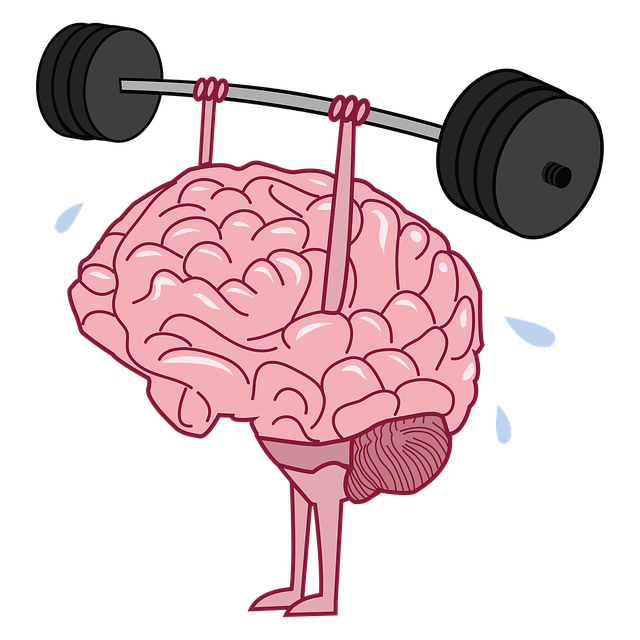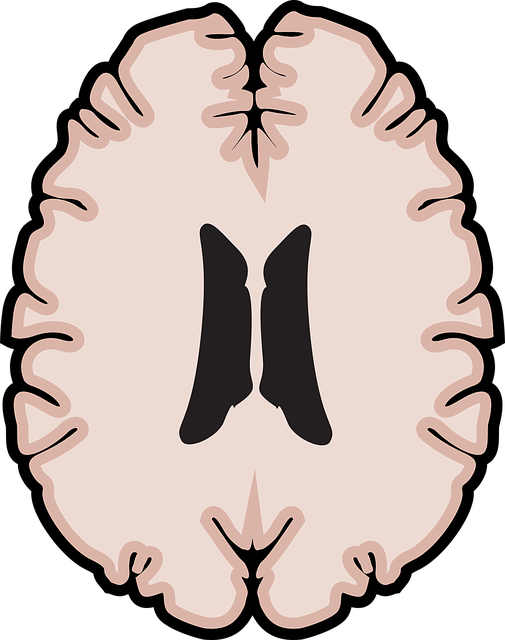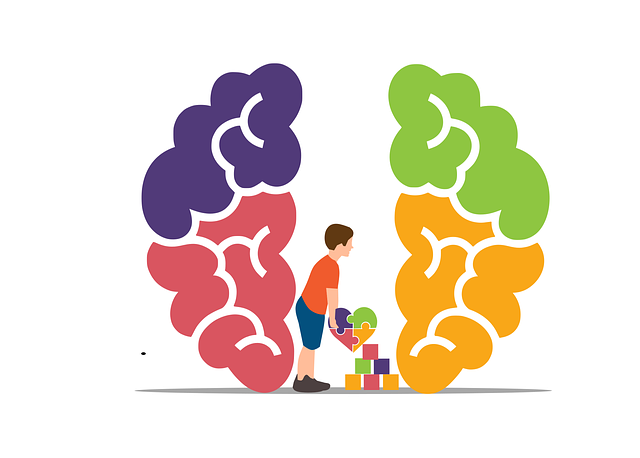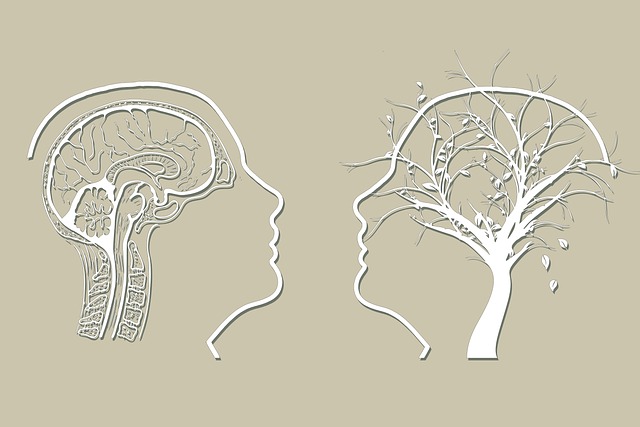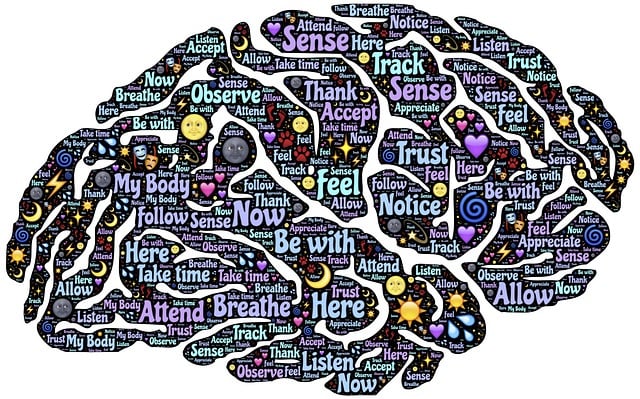Sexual abuse can cause lasting mental health issues like anxiety, depression, and PTSD. Specialized therapy for adults sexual abuse survivors, such as CBT and EMDR, backed by supportive policies and understanding networks, is crucial for healing. These evidence-based approaches empower individuals to process trauma, develop coping strategies, rebuild relationships, and restore self-esteem, ultimately improving mental wellness.
Mental wellness promotion is a vital aspect of holistic well-being, especially for those who have experienced sexual abuse. This article delves into three key areas: understanding the profound impact of such trauma on mental health, exploring comprehensive therapeutic approaches tailored to adult survivors, and empowering recovery through effective self-care strategies and robust support systems. For anyone seeking guidance or hoping to aid a therapy for adults sexual abuse survivor, these insights offer valuable direction.
- Understanding the Impact of Sexual Abuse on Mental Health
- Therapeutic Approaches for Adult Survivors: A Comprehensive Guide
- Empowering Recovery: Self-Care Strategies and Support Systems
Understanding the Impact of Sexual Abuse on Mental Health

Sexual abuse can have profound and lasting effects on an individual’s mental wellness. It’s crucial to recognize that this traumatic experience can manifest in various ways, leading to challenges such as anxiety, depression, post-traumatic stress disorder (PTSD), and low self-esteem. Many adults who have survived sexual abuse may struggle with emotional regulation, interpersonal trust issues, and a distorted sense of self, hindering their overall mental health and well-being.
Therapy plays a pivotal role in helping adults who have experienced sexual abuse to process these traumatic memories and develop coping mechanisms. Professional support is essential for burnout prevention among mental health professionals who work with survivors, as they may be at an increased risk due to the sensitive nature of their work. Effective therapy techniques, combined with regular self-care practices, can empower survivors to reclaim their emotional well-being, foster healthy relationships, and lead fulfilling lives.
Therapeutic Approaches for Adult Survivors: A Comprehensive Guide

For adult survivors of sexual abuse, therapeutic approaches play a pivotal role in their journey towards healing and mental wellness. The process begins with a comprehensive risk assessment for each client, tailored to address unique experiences and needs. Mental health professionals must be adept at recognizing signs of trauma and implementing evidence-based therapies like Cognitive Behavioral Therapy (CBT) or Eye Movement Desensitization and Reprocessing (EMDR), which have proven effective in treating complex PTSD resulting from such abuse.
In addition to these therapeutic modalities, fostering a supportive environment is crucial. This includes advocating for robust mental health policies that prioritize access to quality care for survivors. Mental Health Policy Analysis and Advocacy ensures that services are tailored to address specific trauma-related challenges, promoting Anxiety Relief and overall well-being. Effective therapy combines direct treatment with advocacy efforts, providing survivors with the tools and resources needed to reclaim their lives.
Empowering Recovery: Self-Care Strategies and Support Systems

For adults who have survived sexual abuse, promoting mental wellness involves a combination of self-care strategies and robust support systems. One crucial step is to seek therapy tailored for this specific trauma, which can significantly enhance their journey towards recovery. Through specialized therapy, survivors can begin to process and work through the emotional complexities associated with their experiences, fostering healing and improving mental wellness over time.
Building a network of supportive individuals is another essential aspect. Encouraging victims to surround themselves with understanding friends, family, or support groups dedicated to sexual abuse survivors can provide them with a safe space to share, learn, and grow. These connections contribute to self-esteem improvement by fostering a sense of belonging and validation, thereby strengthening their resilience in navigating the challenges that may arise during recovery.
Mental wellness promotion is a vital aspect of empowering individuals who have experienced sexual abuse. By understanding the profound impact on mental health, providing comprehensive therapeutic approaches tailored to adult survivors, and encouraging self-care strategies along with robust support systems, we can significantly enhance their journey towards healing. For those navigating the complexities of sexual abuse, access to effective therapy for adults survivor is a game-changer, offering pathways to recovery and a chance to reclaim their lives.


